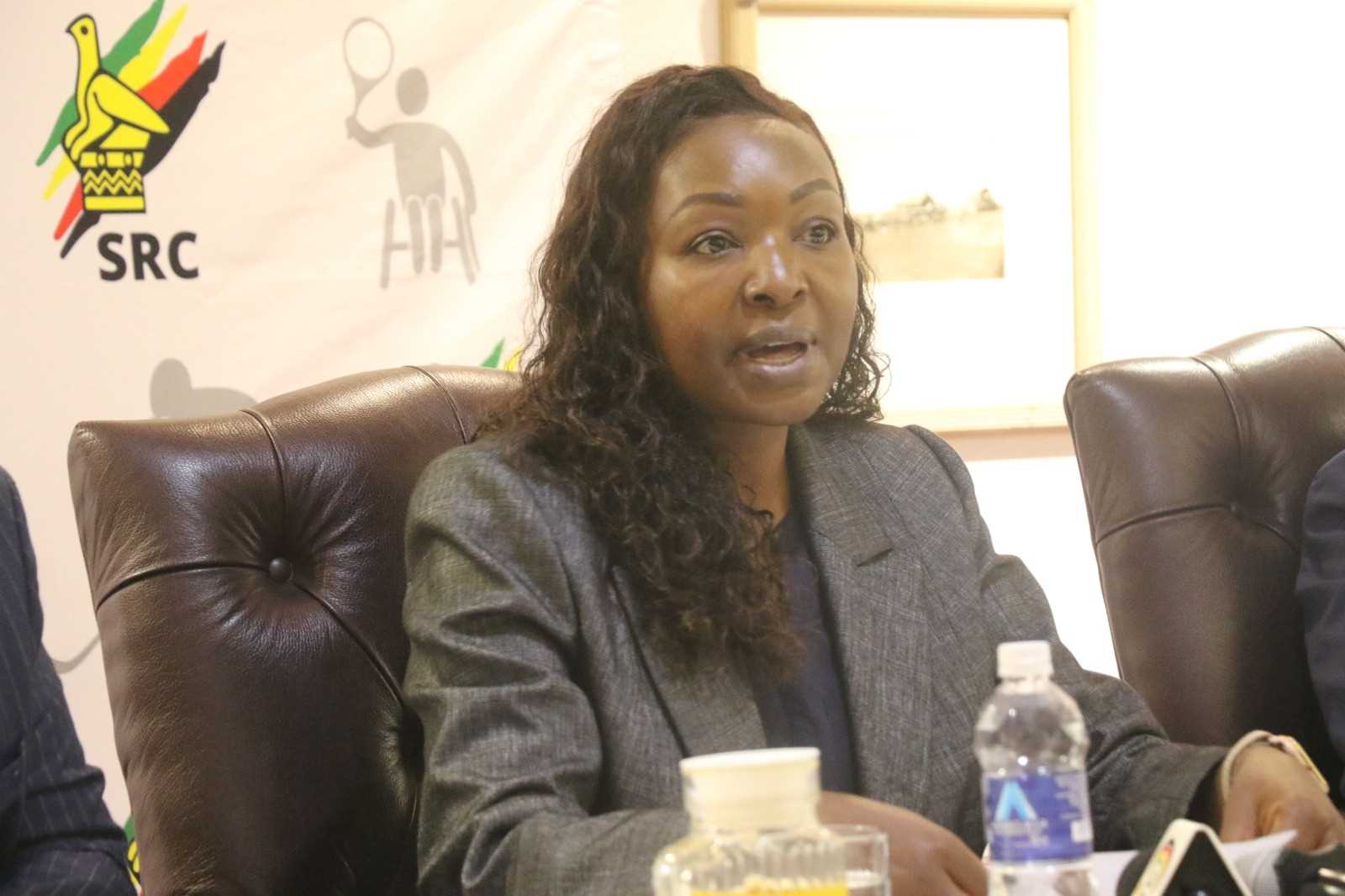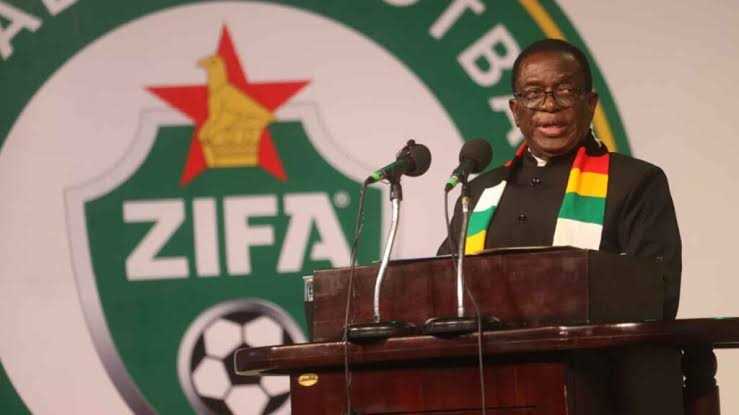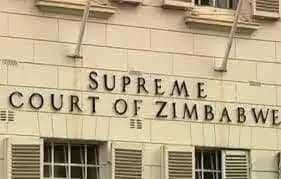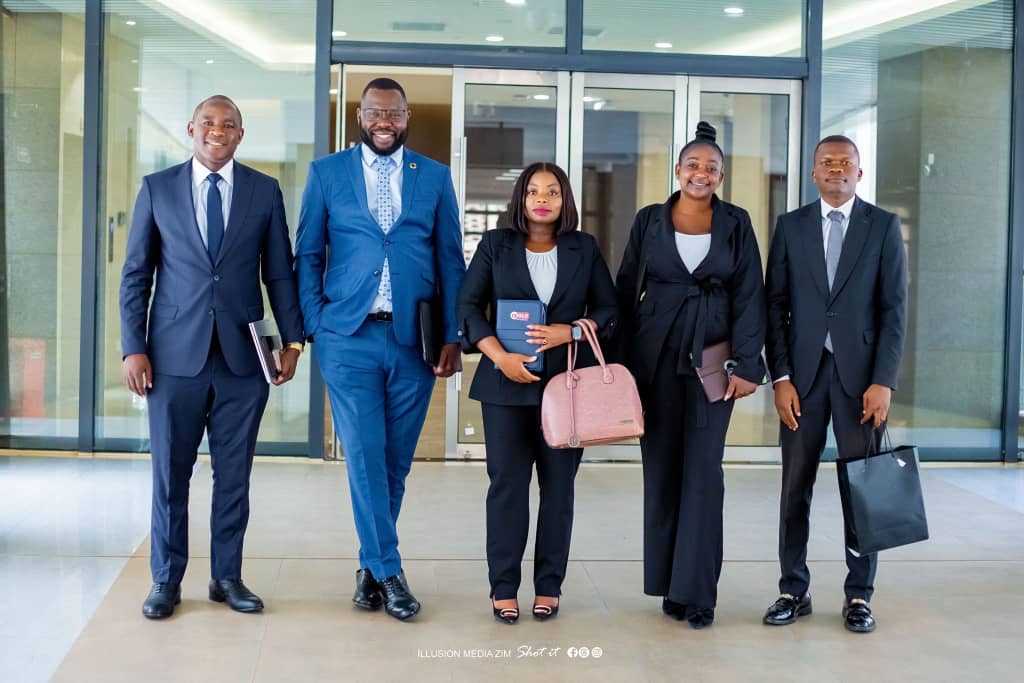
The dissolution of the Zimbabwe Rugby Union (ZRU) board marks one of the most significant governance interventions in the history of Zimbabwean sport. Announced by Sports and Recreation Commission (SRC) Vice Chairperson Commissioner Shingai J. Rhuhwaya, the decision was the culmination of mounting concerns over financial mismanagement, administrative failures, and growing instability within the Union. While Zimbabwe’s qualification for the 2027 Rugby World Cup should have been a unifying moment of national pride, the cracks in governance had become too deep to ignore.
At the heart of this development lies the recognition that sporting success cannot be sustained without strong institutional foundations. Rugby, perhaps more than any other team sport, relies on systems of discipline, planning, and international cooperation. Yet the ZRU had, over recent years, become mired in internal disputes, allegations of corruption, and failure to meet basic accountability standards such as submitting audited financial statements. Such lapses not only threatened the credibility of the Union but also risked cutting Zimbabwe off from vital technical and financial support from World Rugby and Rugby Africa.
Related Stories
In her address, Commissioner Rhuhwaya made it clear that the intervention was not simply punitive but corrective. By appointing an Interim Management Committee (IMC), the SRC has placed the sport in the hands of experienced leaders tasked with restoring stability. Chaired by Mr. Paddy Zhanda, the committee’s mandate is ambitious yet urgent: to restore financial accountability, ensure uninterrupted competition at home and abroad, prepare for the 2027 Rugby World Cup, safeguard athlete welfare—including that of the Lady Sables—and engage directly with international partners to unlock technical and financial resources.
The decision to dissolve the ZRU board also speaks to broader themes in Zimbabwean sport: the struggle to balance tradition with modernization, and the need to enforce governance standards that match global expectations. The case of the Lady Sables Crisis in April 2025, when the women’s national team traveled to Côte d’Ivoire without proper logistical support, stands as a painful reminder of what happens when administration fails athletes. It is these failures, rather than on-field results, that ultimately forced the SRC’s hand.
For stakeholders—athletes, coaches, sponsors, and fans—the dissolution of the board and the assurance of new leadership under the IMC provide both relief and hope. Relief that the governance crisis has finally been addressed, and hope that Zimbabwean rugby can now build on its World Cup qualification with a stronger institutional backbone. Crucially, the intervention has the endorsement of World Rugby, Africa Rugby, and the Government of Zimbabwe, signalling confidence in the path chosen.
The story of the ZRU’s dissolution is therefore not just about the collapse of a board but about the reimagining of an institution. It is about drawing a line under years of dysfunction and charting a new course grounded in accountability, inclusivity, and professionalism. If the IMC succeeds in its mandate, Zimbabwean rugby will not only compete on the global stage in 2027 but will do so with a governance model that other sporting codes in the country can emulate.
In many ways, this is a test of Zimbabwe’s capacity to reform its sports institutions in the public interest. For Commissioner Shingai J. Rhuhwaya and the SRC, the dissolution of the ZRU board is more than a response to crisis; it is a statement of intent—that Zimbabwean sport must be managed with integrity, transparency, and vision. The future of rugby in the country will now depend on how well these principles are implemented in the months and years ahead.




















Leave Comments